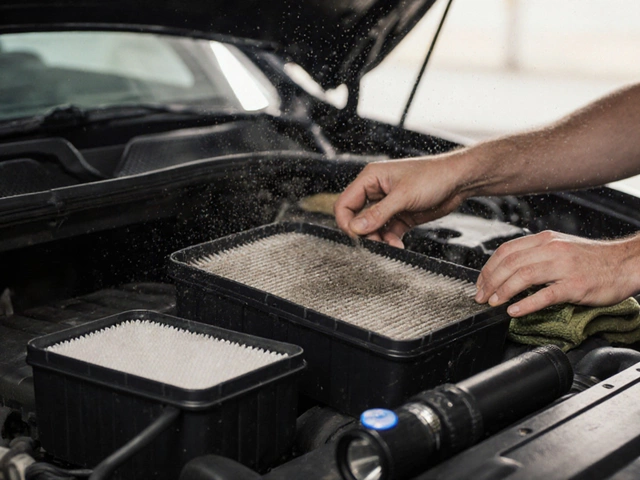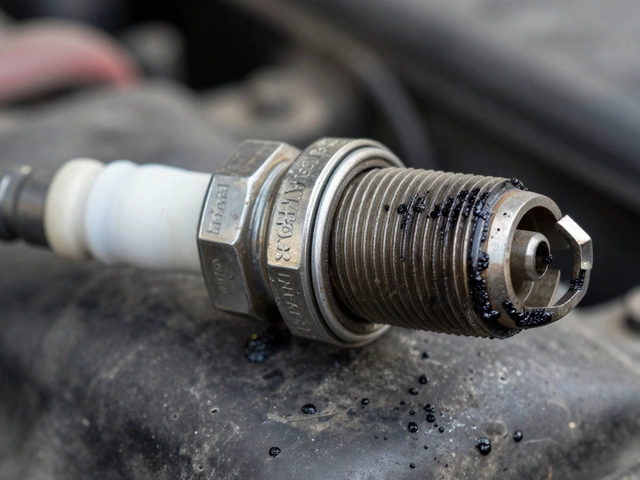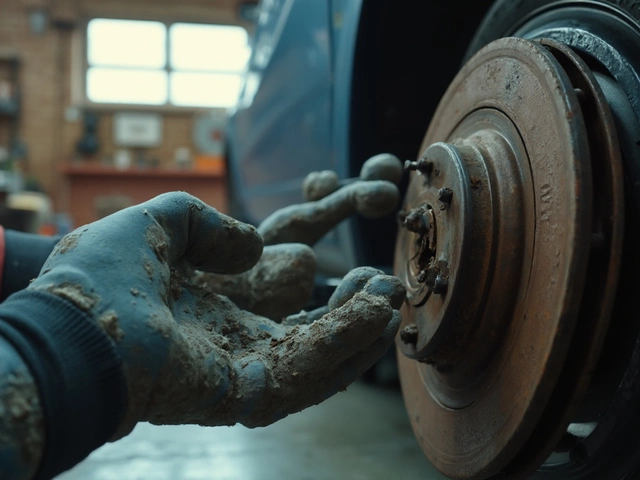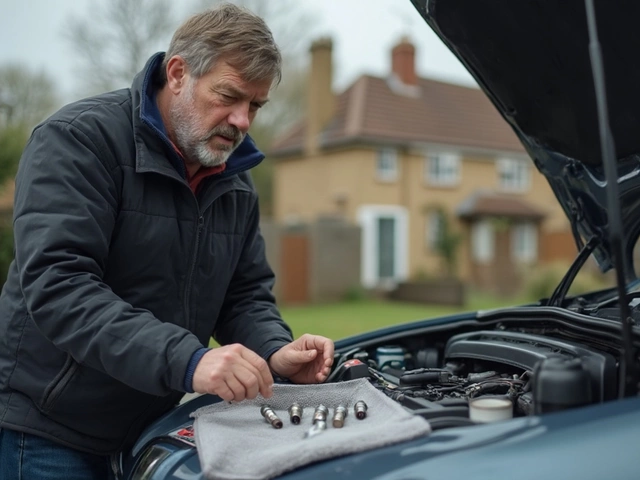Low Refrigerant in Your Car: What It Means and How to Fix It
If your air‑conditioning blows weak air, takes forever to chill the cabin, or makes a strange hissing sound, low refrigerant is probably the culprit. Refrigerant is the fluid that moves heat out of your car and into the outside air. When there isn’t enough of it, the system can’t do its job, and you end up sweating on a hot day.
Common Signs of Low Refrigerant
First up, notice the temperature inside the car. If the AC never gets colder than a lukewarm breeze, that’s a red flag. Another giveaway is a louder than usual compressor or a clicking noise when you turn the AC on – the compressor is working harder to compensate for the missing fluid. You might also see frost forming on the evaporator or the AC pipes; this happens when the pressure drops too low. Finally, keep an eye on fuel consumption – a struggling AC can make your engine sip more fuel.
How to Deal with Low Refrigerant
The quickest fix is to have a professional check the system’s pressure and refill the refrigerant to the correct level. But refilling alone won’t solve a leak, which is the real reason the fluid disappeared in the first place. A qualified mechanic will use a leak detector, UV dye, or electronic scanner to pinpoint the breach – it could be a tiny hole in a hose, a bad O‑ring, or a cracked condenser.
Once the leak is repaired, the system is evacuated to remove air and moisture, then recharged with the exact type and amount of refrigerant your car needs. Trying to DIY this without the right tools can damage the AC, so it’s best to let a garage handle it.
If you’re in Northwich, a visit to Northwich Tyres Centre can sort the problem quickly. They’ll inspect the AC, locate any leaks, and top up the refrigerant while you wait. Their technicians also check the compressor, condenser, and hoses, so you leave with a fully functional system and no hidden issues.
In the meantime, you can keep the AC from getting worse by turning it off when you’re not using it for long trips and avoiding setting the temperature to the coldest setting right away. A little preventative care helps the system stay sealed longer.
Bottom line: low refrigerant isn’t just an inconvenience; it can strain your engine, raise fuel costs, and leave you uncomfortable. Spot the signs early, get a professional diagnosis, and fix the leak before refilling. That way your car’s AC will stay frosty and you’ll avoid extra repair bills down the road.
 2 May 2025
2 May 2025
How to Tell if Freon Is Low in AC Car: Easy Signs and Tips
Wondering why your car's AC isn't blowing cold air anymore? Low Freon could be the culprit, and it's more common than you'd think. This article breaks down the easy-to-spot signs your AC might be running low on refrigerant, why it happens, and what to do if you spot the problem early. You'll get hands-on tips, so you won't have to guess whether it’s time to check your system. Knowing these signs could save you time and money, and keep your summer drives comfortable.
Latest Posts
Tags
- car maintenance
- engine oil
- spark plugs
- brake pads
- engine performance
- vehicle maintenance
- spark plug replacement
- windshield wipers
- fuel pump
- suspension parts
- clutch replacement
- oil change
- clutch kit
- car suspension
- car performance
- air filters
- car radiator
- exhaust systems
- fuel pump replacement
- engine misfire






0